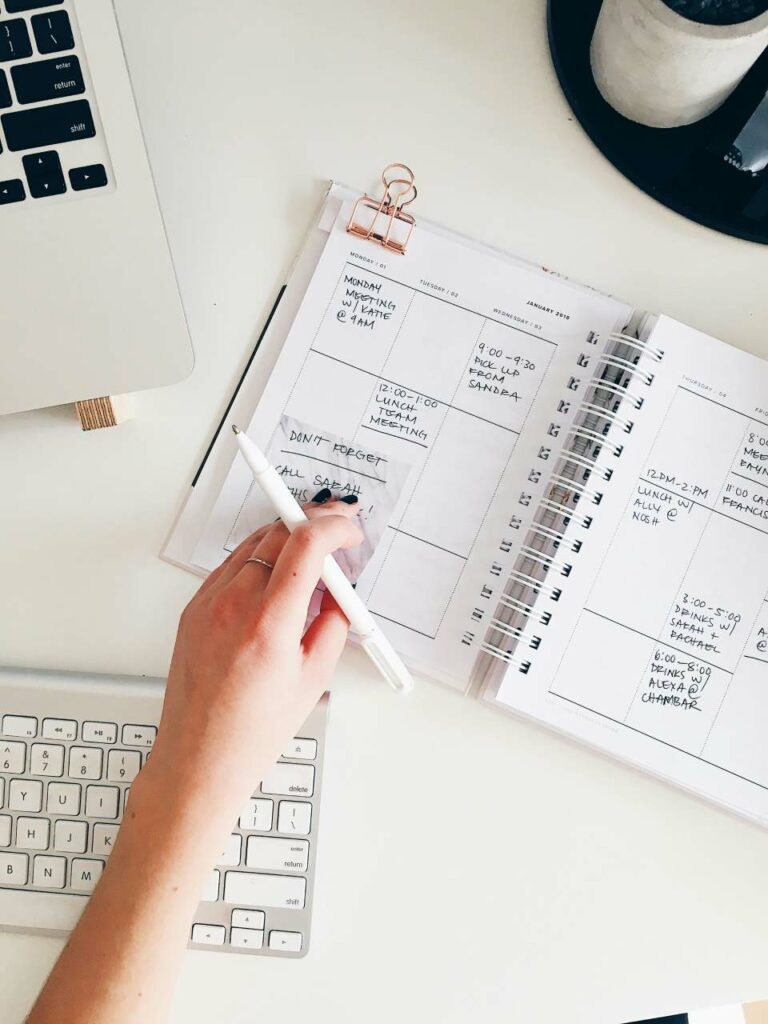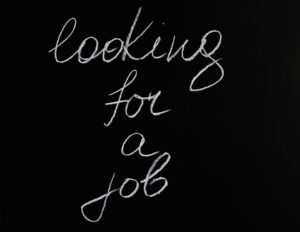We bring you top 10 tips for planning an event by The Event Academy, who truly understand that, as a Senior Personal Assistant, planning events is often a core part of your role…
From high-profile business dinners to company-wide retreats, your ability to manage logistics, handle stakeholders, and keep everything running smoothly can make all the difference.
Top 10 essential tips for a Senior Personal Assistant planning a successful event:
1. Understand Your Event Objective
The first step is to clarify the purpose of the event.
Is it to impress a client, celebrate a company milestone or simply team building?
Having a clear objective will shape your decisions around venue, tone and content. When you have a clear understanding of the event’s aim, you’ll find it easier to keep everyone on the same page and ensure the right outcomes.
2. Ensure you have a comprehensive budget
A well-defined budget is crucial for keeping spending under control.
Break down the budget into categories like venue, catering, transport, entertainment, and décor.
Remember costs can vary significantly between locations, so it’s important to factor in regional price differences.
Always include a 10-15% contingency fund for last-minute expenses, as surprises tend to crop up.
3. Start the planning process well in advance
Start planning as early as possible.
Peak times: summer, Christmas or the end of the financial year can prove tricky to source venues. For example, prime venues, particularly in London or other major cities, can be booked out months ahead.
The earlier you start, the more likely you are to secure your ideal venue and suppliers at a better price.
4. Select the right venue
Choosing the right venue can elevate an event’s atmosphere. Consider accessibility, transport links, and parking.
For example, if guests are coming from out of town, choosing a venue near a train station or airport can make a big difference.
Additionally, think about the vibe of the venue—whether you need a formal boardroom, a historic hall, or a modern, creative space.
5. Vet your suppliers thoroughly
Reliable suppliers are crucial to a successful event.
From caterers to AV technicians, make sure you work with trusted professionals who have a proven track record.
Ask for recommendations, check reviews, and if possible, visit them in person. This is particularly important when booking services like catering, where quality can make or break the experience.
6. Communicate with stakeholders regularly
Keeping your boss, colleagues, and key stakeholders updated is essential.
Share progress updates, decisions made, and any changes that occur during the planning process. This ensures everyone is aligned and reduces the chance of misunderstandings.
Regular check-ins can also help in getting timely approvals and feedback.
7. Send invitations early
Give guests as much notice as possible, particularly for events requiring travel or those that fall during busy periods.
Sending out invitations early allows guests to block the date in their diaries and increases the likelihood of good attendance.
Digital invitations with RSVP tracking can help streamline this process and keep tabs on responses.
8. Test all technical equipment
Technical failures can derail an event.
Whether it’s a microphone cutting out during a speech or the Wi-Fi not working for a virtual element, tech issues are often preventable.
Arrange a thorough test of all AV equipment before the event day.
If you’re hosting a hybrid event, make sure the virtual platforms work seamlessly too.
9. Prepare a contingency plan
Things can go wrong, even with the best-laid plans.
Have a backup plan in place for key aspects, such as alternative venues for outdoor events, spare tech equipment, and a list of emergency contact numbers for suppliers.
Being prepared means you can handle issues calmly and keep the event on track without guests even noticing.
10. Follow up after the event
The event doesn’t end when the last guest leaves.
Send thank you notes or emails to guests, speakers, and sponsors, expressing appreciation for their time and participation.
It’s also an opportunity to gather feedback on what went well and what could be improved. This feedback can be invaluable for planning future events.
Conclusion
Planning an event as a Senior PA involves a blend of strategic thinking, time management, and attention to detail.
The Event Academy courses can give you the skills and knowledge to enable you to run a seamless event plus give you an qualification accredited by The Chartered Institute of Marketing to add to your CV.
Don’t miss a great article by The Event Academy in our Autumn 2024 Issue of PA Life, page 48, where a Senior Personal Assistant, Tracey Morrow, shares her experience after attending an event management and marketing course.















